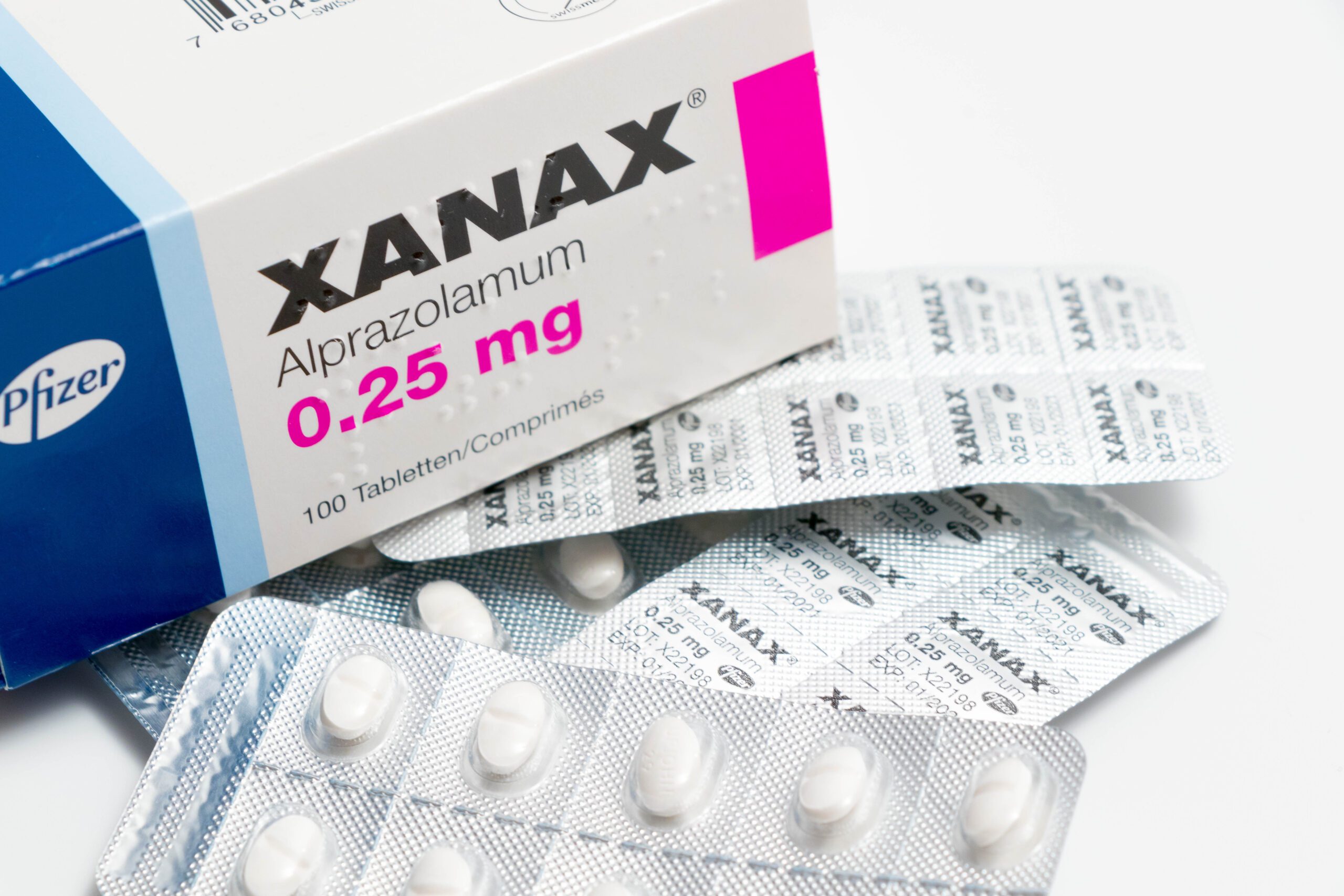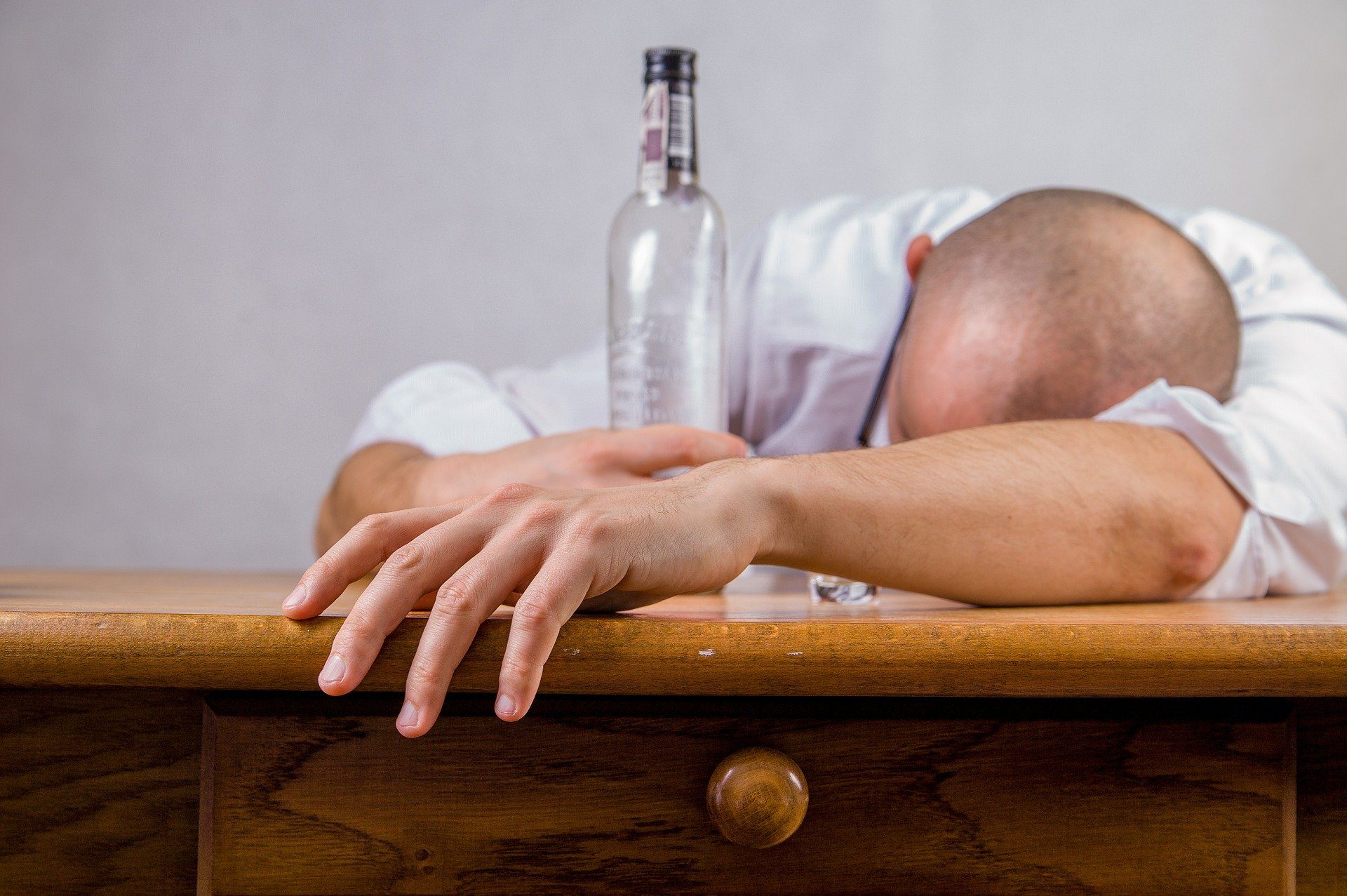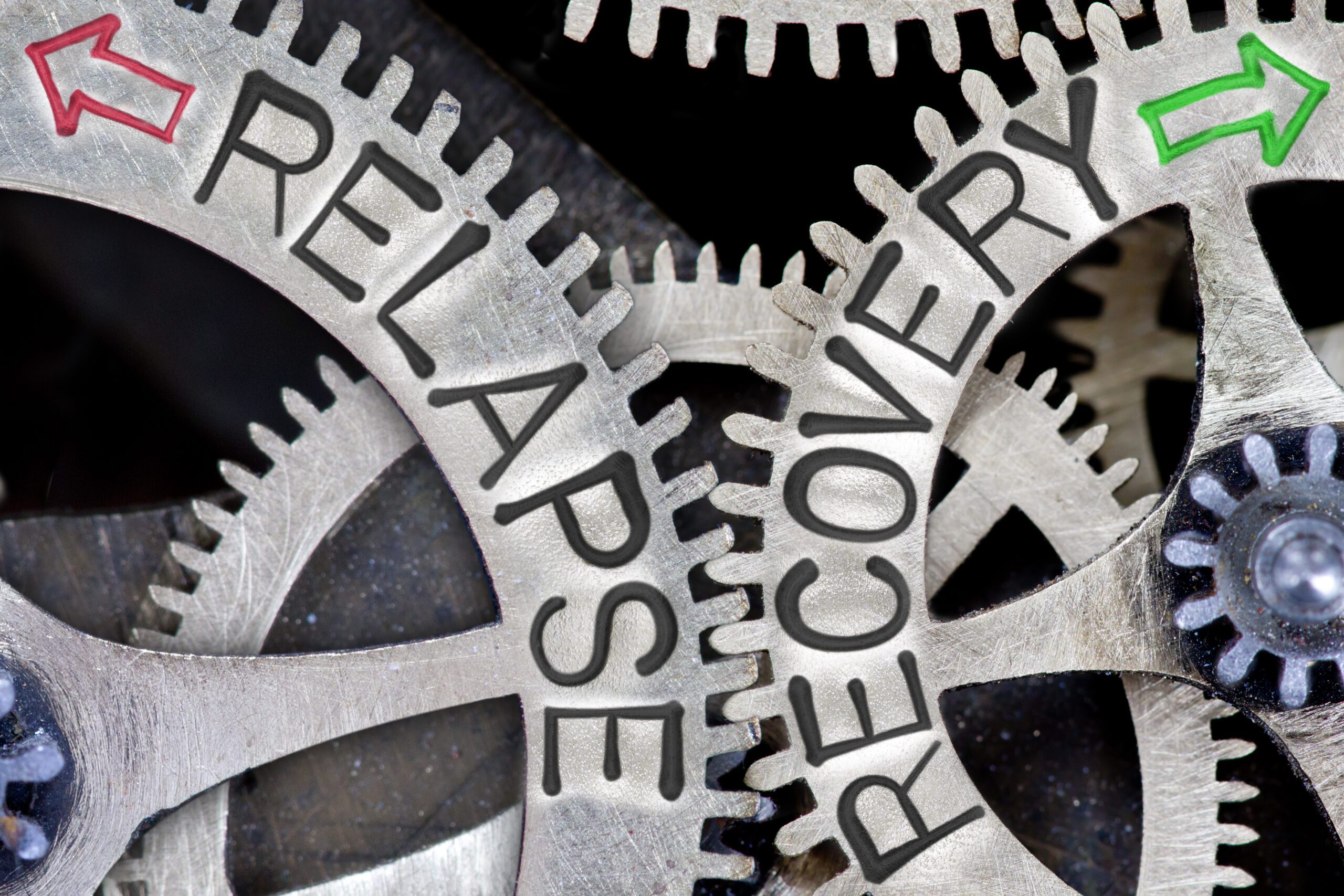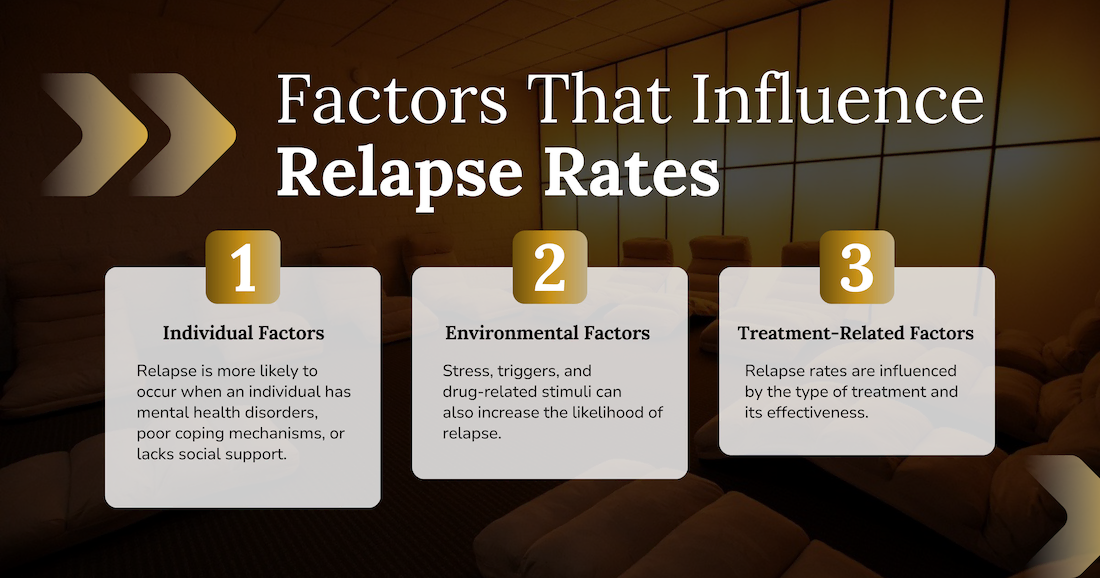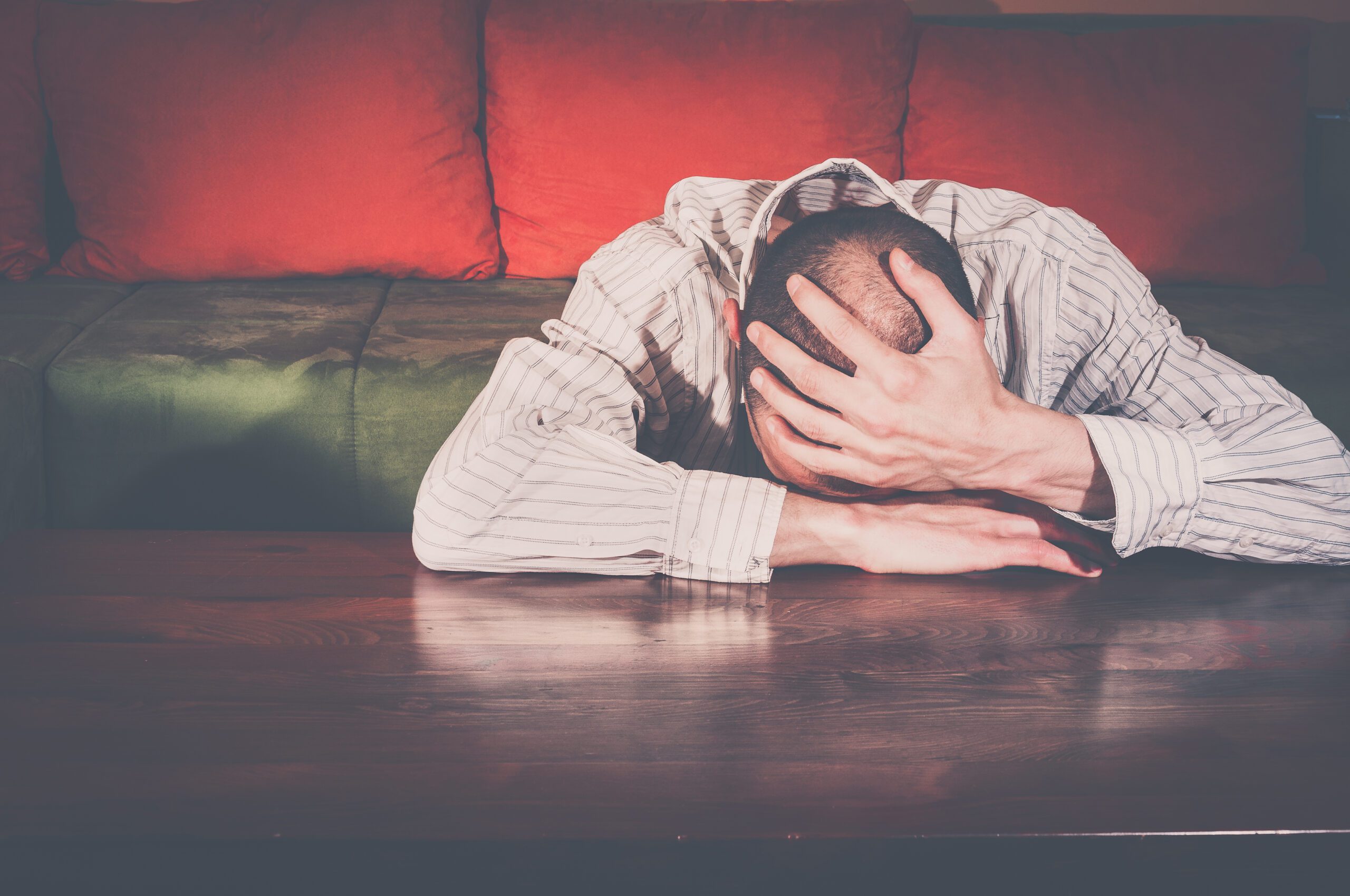Prescription drugs are not any safer or less harmful to the body than their illicit counterparts, in fact, a great portion of the overdose deaths caused by America’s opioid epidemic is actually caused by prescription drugs.
The misuse of addictive prescription drugs in America is on the rise. There were around 16,000 overdoses involving prescription opioids in 2020, up to an average of 44 deaths per day and a 16% increase from the previous year.
One of the drivers of this epidemic is a well-known and widely abused prescription–Xanax.
Is Xanax Addictive
When taken as prescribed, Xanax can be safe and effective. However, misuse of the drug can lead to addiction.
Patients with addictive personalities may abuse the drug due to its high potential for abuse and strong withdrawal symptoms.
It is not uncommon for people to suffer from Xanax addiction, so if you or a loved one suffers from it, you are not alone.
In fact, a study found that over five million Americans misused their prescriptions for benzodiazepines, such as Xanax.
Signs of Xanax Abuse
When patients abuse their medications, they experience a variety of physical and psychological symptoms.
It is possible to spot abuse of Xanax by noticing these signs of abuse
Physical Signs of Xanax Abuse
Physical signs and symptoms of Xanax abuse include:
- Drowsiness
- Slurred speech
- Dizziness
- Nausea or vomiting
- Loss of appetite
- Lack of coordination
- Tremors
- Vertigo
- Respiratory depression
Psychological Signs of Xanax Abuse
Psychological signs and symptoms of Xanax abuse include:
- Mental confusion
- Irritability or annoyance that occurs frequently and suddenly
- The presence of extreme drowsiness or a lack of interest in activities can lead to major changes in behavior
- Anxiety-like moods
- Inability to devote extended attention to tasks
Xanax Withdrawal
A benzodiazepine withdrawal syndrome occurs when someone becomes dependent on Xanax.
Since Xanax is so potent, it can cause dependence and withdrawal symptoms very quickly. It is possible for physical dependence to develop as early as one month after continuous use.
Recent studies have found that 40% of long-term Xanax users suffer from withdrawal symptoms. This not only puts recreational and irresponsible users at risk but also patients that use it for legitimate reasons.
Symptoms tend to be much milder in the remaining 60% of addicts who abruptly stop using the drug.
Xanax Withdrawal: Physical Signs and Symptoms
These are the most common physical signs and symptoms of a Xanax withdrawal
- Tremors
- Muscle pain
- Muscle spasms
- Hyperventilation
- Nausea and/or vomiting
- Headaches
- Sweating
- Hypersensitivity to lights
- Abnormal bodily sensations
Xanax Withdrawal: Psychological Signs and Symptoms
These are the most common psychological signs and symptoms of a Xanax withdrawal
- Irritability
- Restlessness
- Anxiety
- Insomnia
- Panic Attacks
- Hallucinations
- Depression
- Delirium
- Seizures
- Lack of focus
- Memory lapses
Treatment for Xanax Addiction
While Xanax addiction can be challenging to manage, it is possible to overcome it. In most cases, people addicted to Xanax need residential treatment as part of their recovery.
Inpatient treatment and detox are the most effective ways to overcome Xanax addiction.
It is essential to assist Xanax users during detox in order to prevent life-threatening withdrawal symptoms. It can’t be overstated how vital it is to have a medical professional present to help the addict through this process and provide the correct medication.
Common Xanax addiction treatment includes:
- Detox: Toxins from the drug are removed from the body during a detox treatment under the supervision of medical staff and often using pharmacology to manage withdrawal symptoms
- Inpatient Treatments: An Inpatient setting provides 24/7 medical care and supervision to recovering addicts
- Tapering Down: Gradually reducing doses to help avoid the more severe and life-threatening withdrawal symptoms of benzos such as seizures.
Xanax Addiction Treatment
The time to act is now if you or someone you love is addicted to Xanax.
We at Outpatient LA do more than help people get sober. We also help them become the best versions of themselves. The combination of our medical expertise and holistic approach allows us to offer a comprehensive approach to recovery
Find out how you can help your loved one receive the Xanax addiction treatment they need by contacting Outpatient LA today.



